-
ABOUT US
-
ACADEMICS
Curriculum Program
Departments
- English
- High School Chinese
- Primary and Junior School Chinese.
- High School Mathematics
- Middle School Mathematics
- Primary School Mathematics
- Music and Fine Arts
- Physical Education
- Physics
- Chemistry
- History and Geography
- Physical Science and Optional courses Department
- Middle School Biology
- High School Biology
- Social Sciences
- Computer Science
- Courses in Primary School
Achievements and Matriculations
College Counseling
Science & Technology Innovation Contest
Subject Competition
-
ARTS
-
ATHLETICS
-
AT SHSID
SHSID ∣ TIMES
PTSA
Club Exhibition
- 龙吟社
- Live 2 Drama
- Choir
- Hip-pop Dance Club
- The Primary School Dance Troupe
- Symposiums Club
- Biology Workshop
- You Shan
- VEX Robotic
- Peking Opera Club
- Baseball Club
- Model United Nations
- The World Scholar’s Cup
- Future Problem Solving Club
- United States Academic Pentathlon
- OM Club
- AMC Club
- Music for Patients
- SHSID Gazette
- Smile Charity
- Cultural Moments
- SciAcademy
- Stem Doge Alliance
- Chinese Debate Club
- IAA
- Mock Trial Club
- Zhengming Club
- Furry Friends
- GT-Racing
- Village Radio
- IMMC Club
- Creative Design and Intelligent Fabrication
- Future City Research Project
- ECOCAP
- AdvocaSEA
- SPDC
- Medishine
- Floorball Club
- Animusic MTC
- Wings Up
- All Booked
Health and Wellness
Campus Safety
Cafeteria Service
-
ADMINISTRATION
-
ADMISSIONS
-
ALUMNI
Alumni Information
Honors Students
- Class of 2025
- Class of 2024
- Class of 2023
- Class of 2022
- Class of 2021
- Class of 2020
- Class of 2019
- Class of 2018
- Class of 2017
- Class of 2016
- Class of 2015
- Class of 2014
- Class of 2013
- Class of 2012
- Class of 2011
- Class of 2010
- Class of 2009
- Class of 2008
- Class of 2007
- Class of 2006
Who Studied at SHSID
SHS Foundation
-
DOCUMENTS
Middle School Section: Reflective Teaching Contributes to Pleasurable Learning—Semester’s Second Teacher Professional Development Day
Thebalmywinter solstice and blooming wintersweet ushered in this semester’s second teacher professional development (PD) day events at theMiddleandPrimary SchoolSection,taking place this Wednesday, December 22, 2021.
The first PD day event kicked off in the morning at 9 o’clock. Dr. Xia Xuemei, director of Shanghai Research Institute of Competency and Curriculum (SRICC) and deputy director of Institute of General Education, Shanghai Academy of Education Sciences, were invited to give a lecture under the theme of Project-based Learning(PBL). Dr. Xia focused on the most common problems teachers would encounter as they design and implement PBL, namely, What are the similarities and differences between PBL and Projects? What is the design concept and steps in a PBL project? How to integrate content knowledge required in the curriculum? How does assessment work in PBL? Dr. Xia went deeper and shared her insights about how PBL was applied in classrooms. Framed around a meaningful real-life problem, project-based learning is a dynamic approach that underlines students’ clear understanding of conceptual knowledge to induce new gains. Students learn and develop high-order thinking skills by what they do, which unleashed their abilities to transfer learning into new contexts. The following Q&A session with Dr. Xia helped address many of our teachers’ concerns and challenges in their previous and ongoing PBL practices. As the host Mr. Ni Minxue, director of teaching affairs center, concluded, the lecture on PBL and the later discussion with Dr. Xia enlightened the teachers present, and with a deeper understanding of PBL in mind, our teachers feel more supported in their future teaching.
After a short break, Mr. Ni enlivened the audience with three fill-in-the-blank questions and introduced today’s second event—Fall Semester’s Demo Lesson Sharing. First, Ms. Chen Xi from the primary school section detailed the effective attempts on teaching writing. In her demo lesson, she tried to bring into the classroom various sounds in nature and daily life. Students were motivated to use onomatopoeia and personification to describe the sounds and write creative pieces. Primary school teachers also helped students overcome the fear of writing by launching “reading whole books” activities, since reading widely informs and eases how writing should be done. Ms. Shen Jingfeng, primary school math teacher, turned her class on probability into a math carnival with different stations, where students discussed and figured out solutions to real-life problems. In Ms. Gu Yuting’s math class, middle school students became buyers and sellers in a market set in the classroom. They actively engaged in the mathematical models through immersive learning and critical thinking. Ms. Alyssa Chappin and Ms. Katie Crips also offered some best practices and tips in English and History classes through the videos.
Returning to the core values embraced by the middle and primary school section—“cultivating independent learners” and “responsible global citizens,” the afternoon forum, hosted by Mr. Shen Tianyuan, director of grades 6-8, dealt with teaching practices and reflections on so far this semester to cultivate independent learners. From three dimensions—teachers’ professional development, daily teaching, and home-school cooperation, Ms. Wu Yin gave an in-depth review of how primary school teachers promote independent learning. She mentioned that long past are the times when it is enough to teach content. Great teachers do not “teach,” they seek ways to encourage, awaken, and inspire students. On behalf of the middle school section, biology teacher Ms. Yao Shenghua summed up the standards she set for herself as “Warmth in Education” and “Professionalism in Teaching.” She put forward rigorous guidelines and practices of helping students gradually become more independent learners, where listening, guiding, and teaching matter most over the course. In his concluding remarks, Mr. Liu Lian, middle and primary school principal, expressed gratitude to all the teachers for experimenting with different methods and new ideas in classrooms. He shared a book he read several years ago called First Things First, and left a question for all of us as educators: What is the urgent “first thing” when it comes to education?
We firmly believe that reflecting on teaching will make learning more engaging and fun for students. Long and winding as the road to education are, the most rewarding things about teaching agreed by all the teachers of the middle and primary school section are that they can always learn new stuff and relish students’ progress.
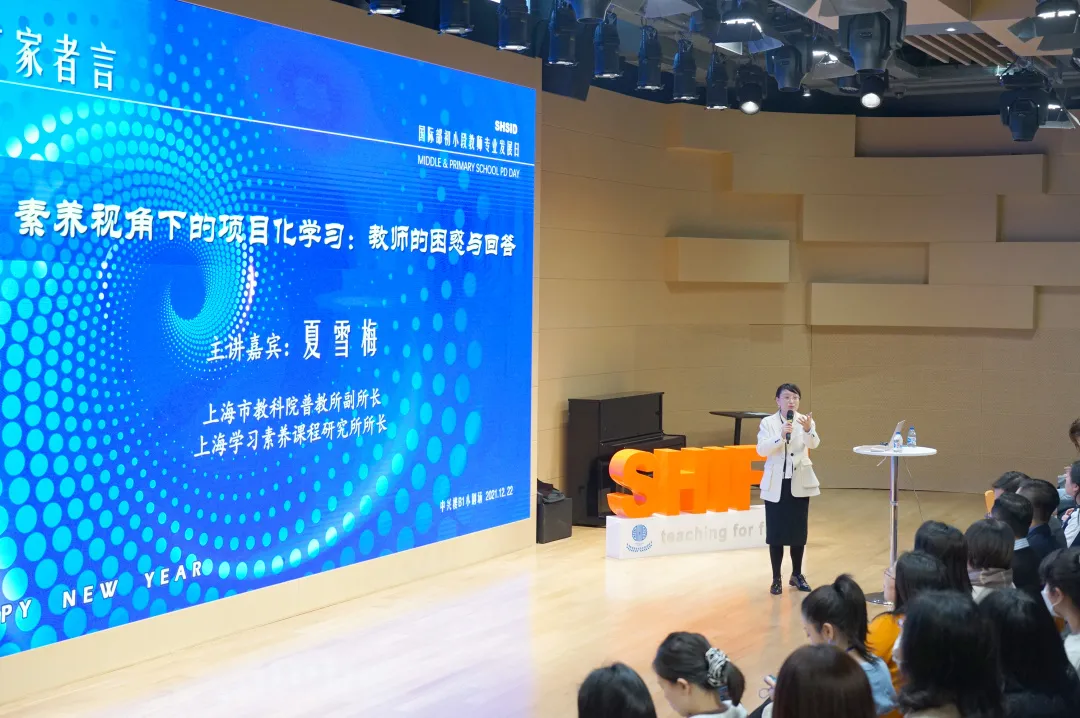
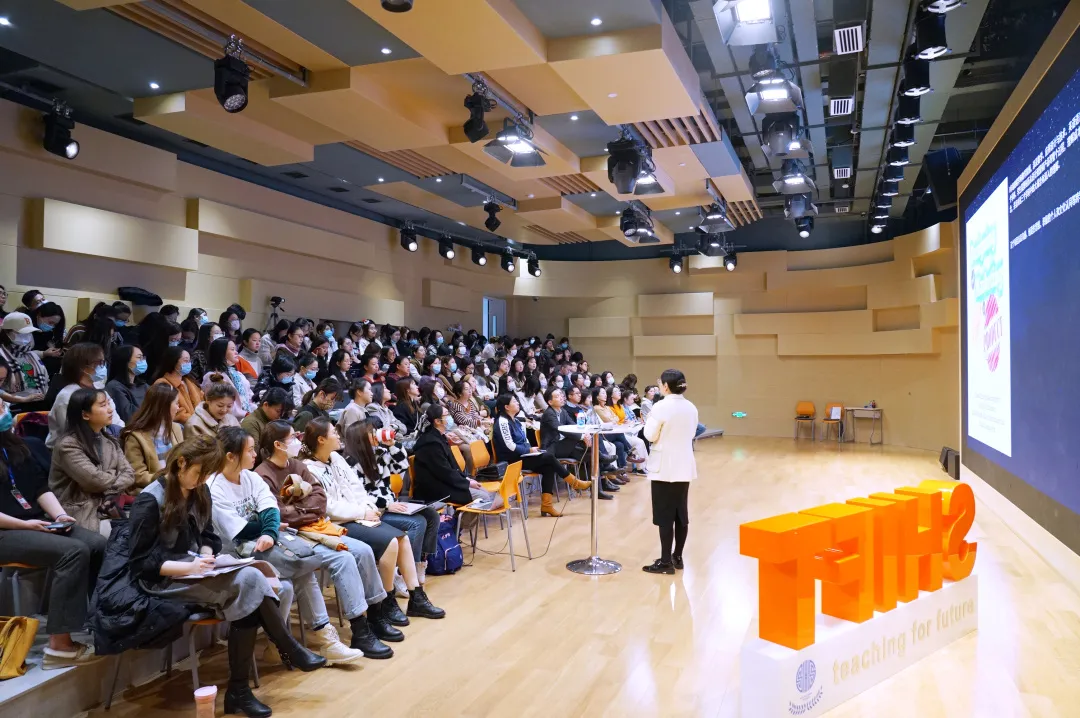
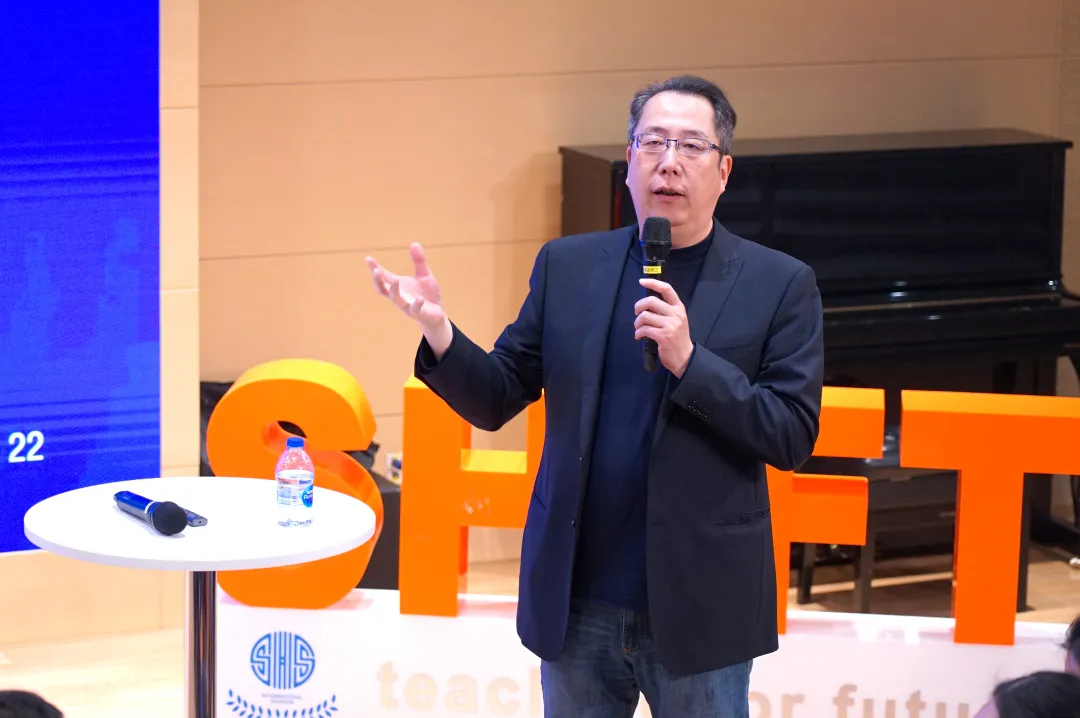
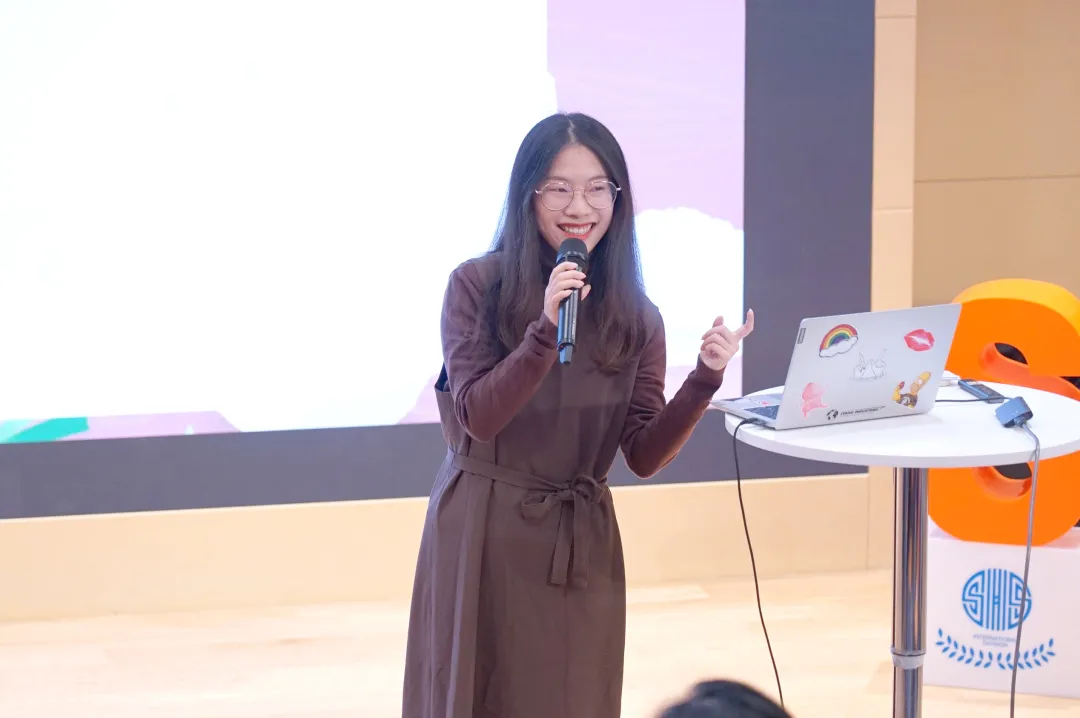
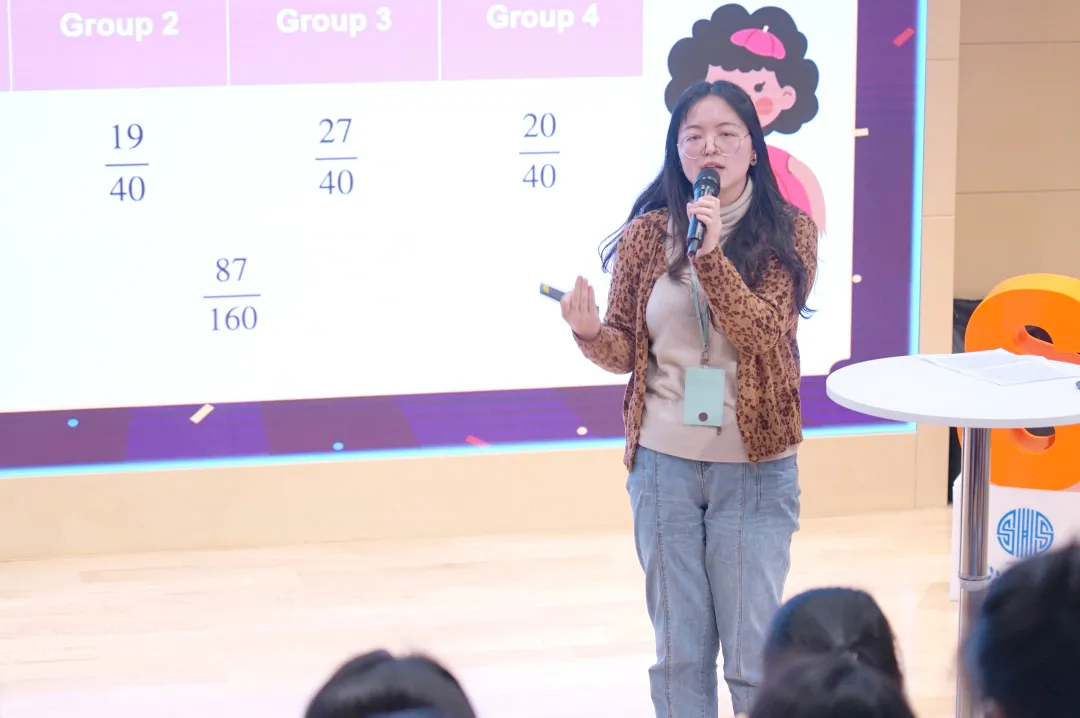
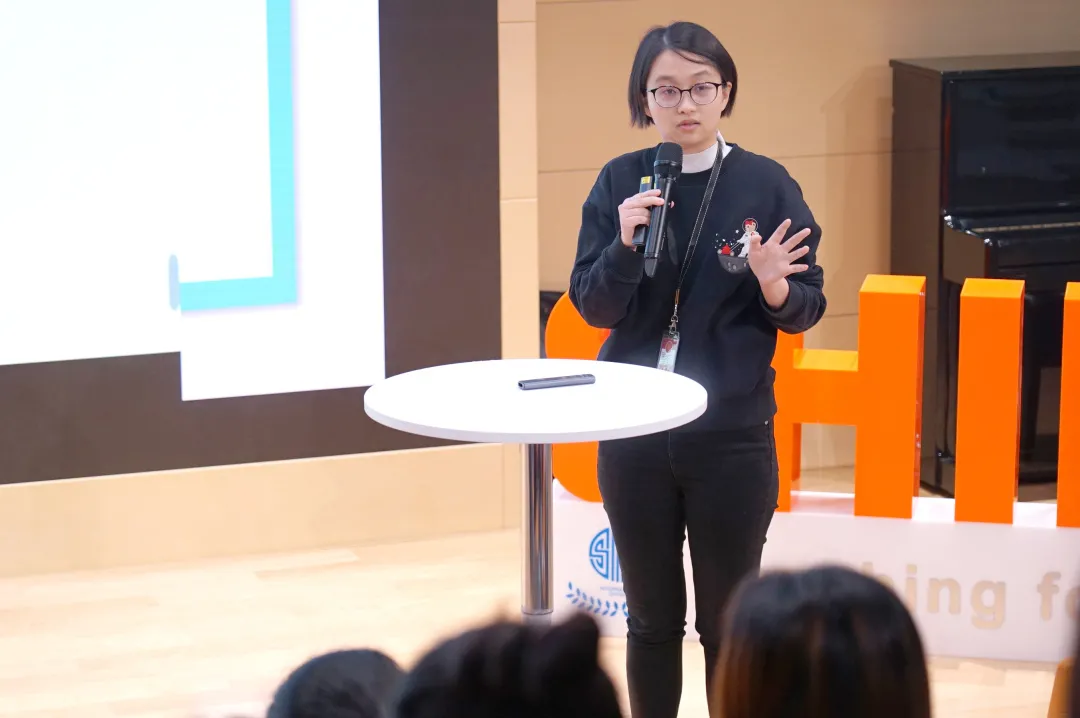
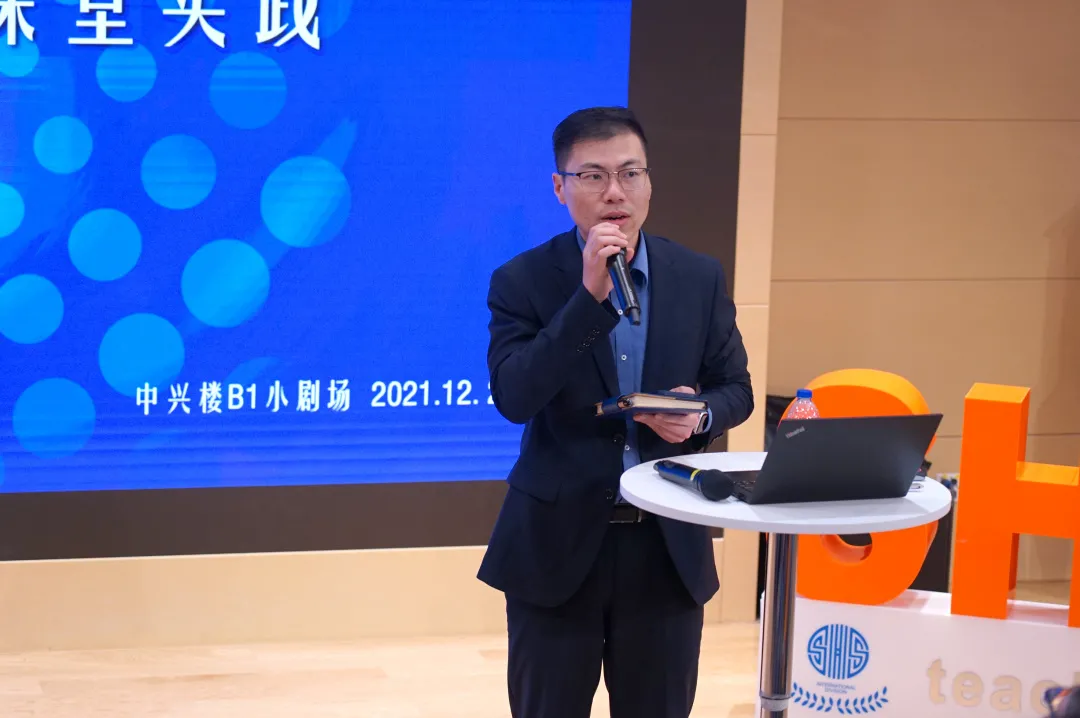
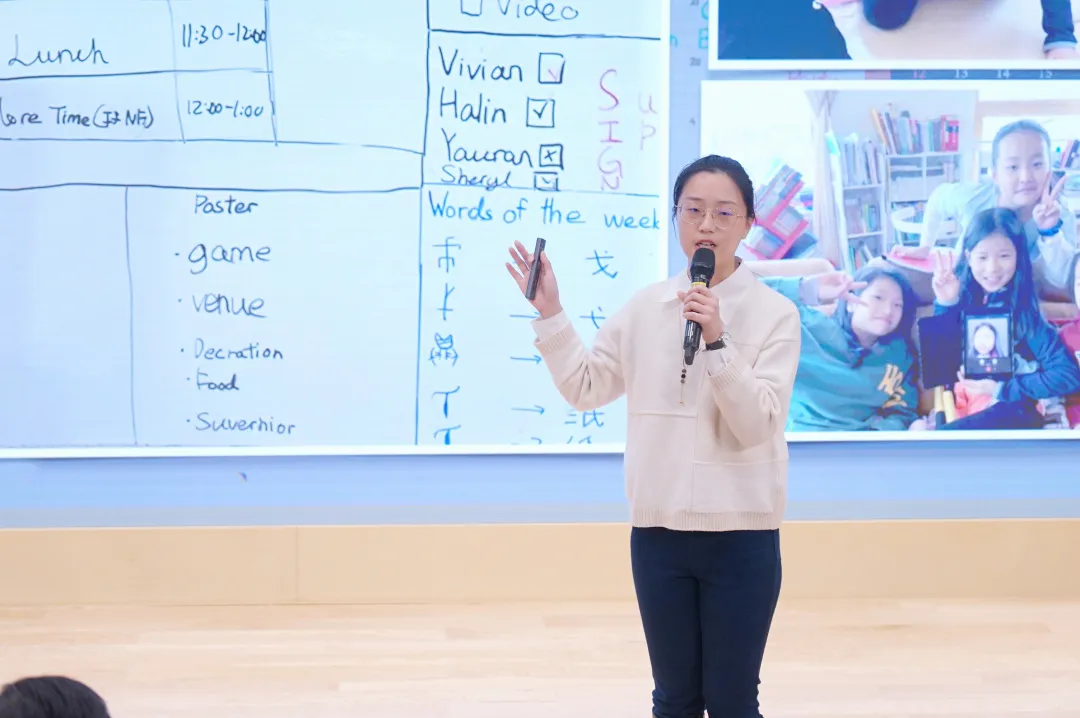
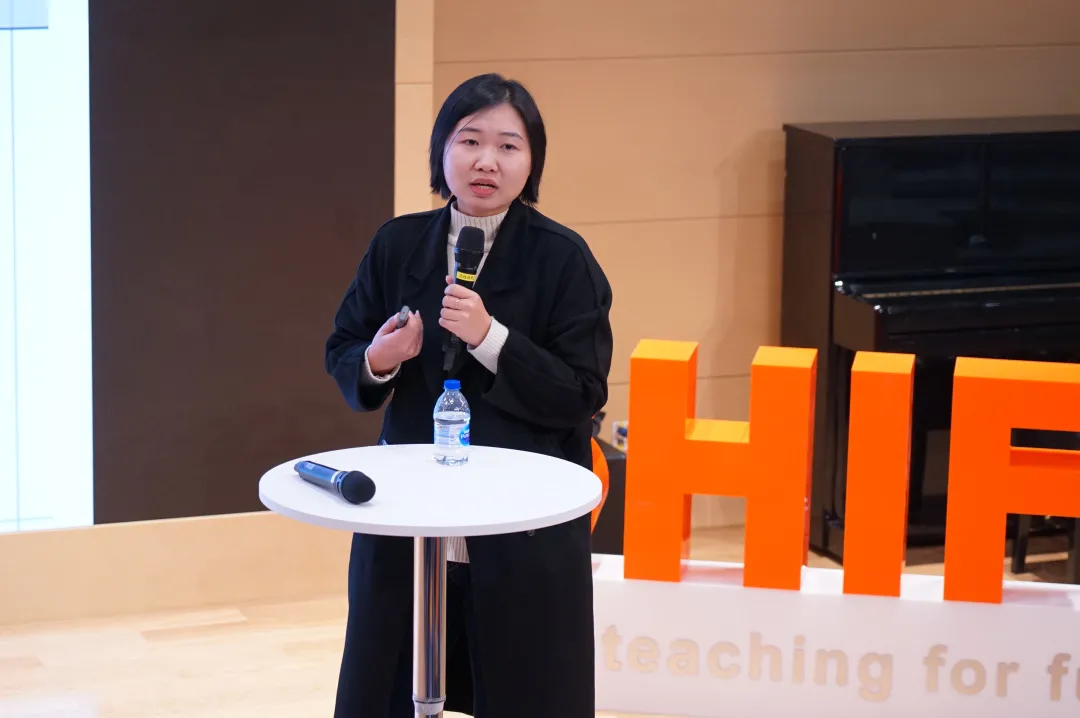
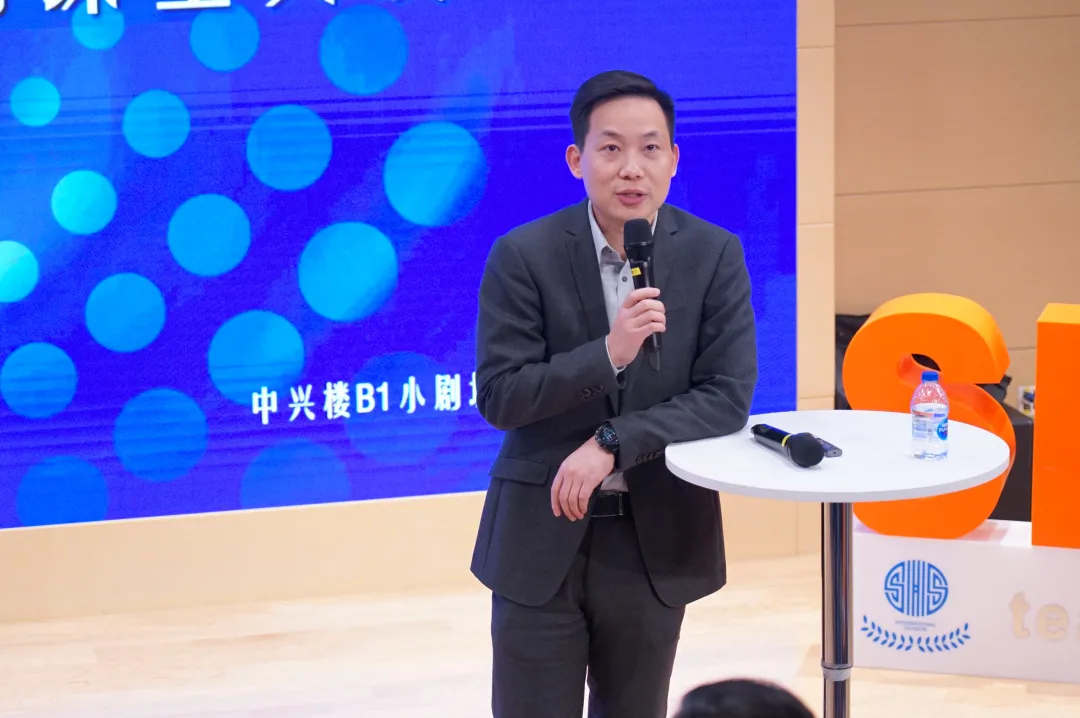
(Written by Dai Chen Danqi, Huang Shiyuan Pictures by Ginger, Kang Nina Edited by MPTC)